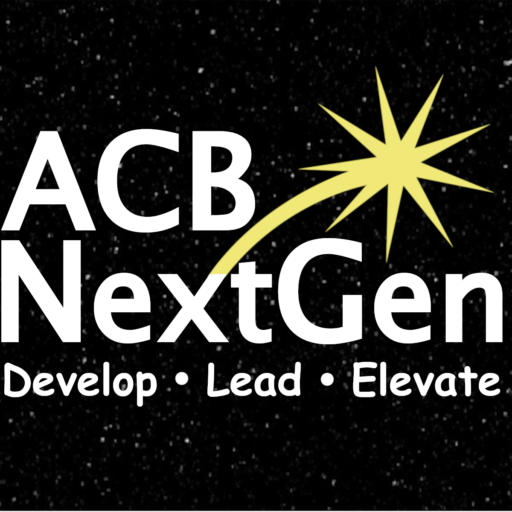Every July, Disability Pride Month reminds us to recognize and celebrate disabled individuals as a respected intersection of humankind, while also reflecting on the ongoing journey toward equality and inclusion. It is an opportunity to challenge stigmas and misconceptions, promote disability rights, and let us consider how to foster a more inclusive society. It is a time to acknowledge the isolation, inaccessibility, and discrimination people with disabilities face, while also embracing disability for the complicated, diverse, and remarkable identity it is. The rich history of the disability rights movement brings us to the much-improved present, yet there is much more to accomplish before an inclusive reality is fully achieved.
The disability rights movement emerged in the 1960s and 1970s, influenced by the broader civil rights and social justice movements across the United States. Disabled individuals and advocates fought for equal rights, accessibility, and an end to discrimination. They demanded societal recognition and challenged prevailing perceptions that marginalized disabled people. The American Council of the Blind (ACB) emerged on the national stage amid this time of social change and grassroots organizing.
One of the pivotal moments in the disability rights movement was the passage of the Americans with Disabilities Act (ADA) on July 26, 1990. This groundbreaking legislation provided legal protections against discrimination based on disability. The ADA not only addressed physical accessibility, but also encompassed employment, public accommodations, transportation, and telecommunications. The ADA’s passage marked a significant milestone in promoting inclusivity and fostering equal opportunities for disabled individuals. With its anniversary taking place in July, it makes this month a joyous time to celebrate disability history and look with hope toward a more inclusive future.
Whether a disabled person achieves international recognition or is working at their local fast-food restaurant, they enrich the world by making our culture more robustly diverse and inclusive. Disabled individuals have made significant contributions to various fields, enriching society with their unique perspectives and reshaping societal narratives to embrace diversity and redefine success. In the realm of art, luminaries such as Frida Kahlo, a renowned painter, and Stevie Wonder, a legendary musician, have captivated the world with their talents, leaving an indelible impact on their respective fields. The scientific community has been significantly enriched by the groundbreaking contributions of individuals like Dr. Temple Grandin, an influential animal scientist and autism advocate, and Stephen Hawking, a renowned theoretical physicist. Their work has expanded our understanding of the world. By being their own strong advocates, disabled people have shattered records and redefined possibilities. Despite significant progress, the journey toward full inclusion is ongoing. The ADA’s legacy reminds us that inclusivity is not a mere gesture but an ongoing commitment that requires constant advocacy. By acknowledging and embracing the contributions of disabled individuals across various domains, we cultivate a society that values diversity and works towards a more inclusive future for all. Let us continue to advocate for accessibility, challenge stereotypes, and celebrate the invaluable contributions of everyone as we work to evolve into a more inclusive world.
